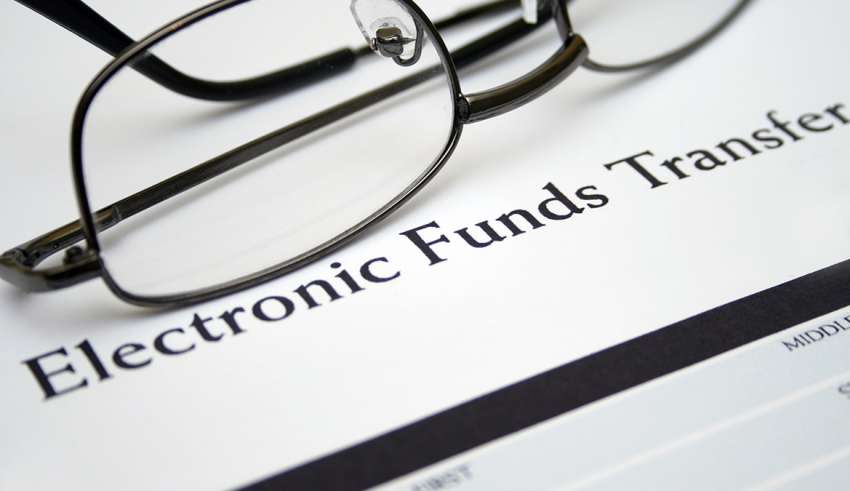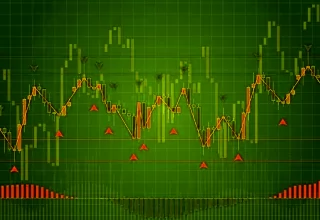
The euro is one of the major currencies that traders love to trade. Thus, the economy is the Eurozone is a huge factor to consider when trying to forex trade the euro. In order to gauge the economic health of the zone, here are some of the key factors that affect the common currency.
Prices and Inflation
Inflation is one of the key factors that influences of types of currencies, particularly the euro. Generally, currencies with higher inflation than other countries see their currency weaken in order to make the price of the goods between countries stay relatively the same. Also, the central banks of such countries usually raise interest rates to control inflation.
Consumer Price Index
The key metric for inflation in the Eurozone is the consumer price index (CPI), which gauges the basket of goods that a household s likely to buy. Traders follow the core CPI, calculating inflation excluding energy and food prices.
But even if CPI does have an effect on the euro, such effect is decreased because the CPI Flash Estimate, which is a CPI estimate, and the German Preliminary CPI are published two weeks earlier than the actual result.
Confidence and Sentiment
Confidence and sentiment reports also provide a lot of insight to the health of the Eurozone.
ZEW Survey
The German ZEW Survey is among the most widely followed sentiment reports, prepared every month by the Center for European Economic Research.
This survey asks a sampling of up to 350 financial experts where they believed the economy is going in the medium-term horizon. The survey also has inquiries to experts from the Eurozone, Great Britain, Japan, and the United States.
Monetary Policy
Each country has a central bank, and these central banks have monetary policies. Every currency is affected by the monetary policies of their central banks. For the euro, we got the European Central Bank (ECB). The decisions that the ECB makes regarding interest rates have huge influence on the common currency.
In general, the ECB press conferences are usually the most important news to track. That’s because interest rate changes are usually anticipated well in advance by the market. Participants keep close tabs on press conference since it provides major clues about the ECB president’s views on where the economy is heading.
If the ECB president sounds “hawkish”, which means he appears concerned about inflation, this could mean future rate hikes. That is good for the euro. Conversely, if the statements sound “dovish”, which means that the president appears to think that inflation is tame, then future rate hikes are less probable.
Economic Growth
Another factor that largely affects the euro is the overall economic output of the zone. Most of the time, economists measure the economic growth and health of the country using the gross domestic product, which is a periodic measure of the total goods and services produced in the Eurozone. Generally, growth in GDP is a sign that the economy is strong and stable. That is good for the currency.
The GDP of the Eurozone is a report published quarterly. It is prepared by the Eurostat and published two months after the end of the quarter. Since analysts have a lot of methods to gauge the strength of the economy, the GDP is normally expected in advance.


























